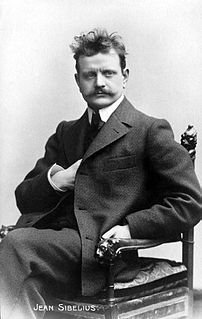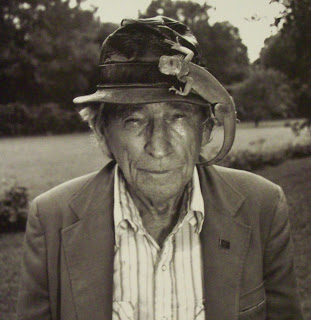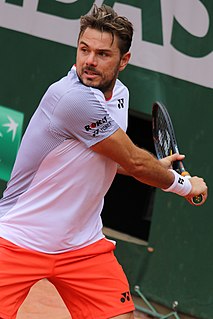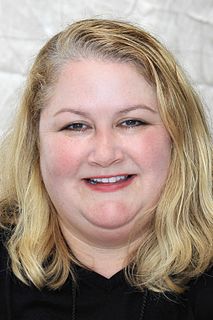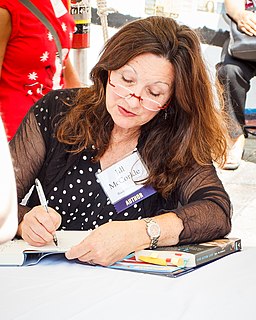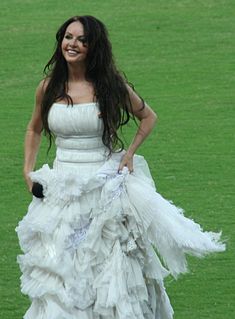A Quote by Jean Sibelius
Music is, for me, like a beautiful mosaic which God has put together. He takes all the pieces in his hand, throws them into the world, and we have to recreate the picture from the pieces.
Related Quotes
I imagined Kandinsky's mind, spread out all over the world, and then gathered together. Everyone having only a piece of the puzzle. Only in a show like this could you see the complete picture, stack the pieces up, hold them to the light, see how it all fit together. It made me hopeful, like someday my life would make sense too, if I could just hold all the pieces together at the same time.
The time I like listening to music most on headphones is, I have a game I play with my brother, he's a musician as well.And he sends me MIDI files of keyboard pieces. So, these are pieces where I just get a MIDI file; I don't know what instrument he was playing them on; I know nothing about his section of the sound of the piece, and then when I'm sitting on trains I do a lot of train travel I turn them into pieces of music. And I love to do that; it's my favorite hobby.
I feel very protective in the first draft, when all the pieces are coming together. I work in a way that is not linear or chronological at all, even with the short story. I will just be writing bits and pieces, and then when I have all the pieces on the table, that for me is when it feels like the real work begins.
GOD made my life complete when I placed all the pieces before him. When I got my act together, he gave me a fresh start. Now I'm alert to GOD's ways; I don't take God for granted. Every day I review the ways he works; I try not to miss a trick. I feel put back together, and I'm watching my step. GOD rewrote the text of my life when I opened the book of my heart to his eyes.
Imagine the first discovery that one of these epidemics was man-made—the panic, the violence that would ensue. That’s where the end would come. A typhoon kills a few hundred people, does a few billion in damage, and what do we do?” Erskine interlocked his fingers. “We come together. We put the pieces back. But a terrorist’s bomb.” He frowned. “A terrorist’s bomb does the same damage, and it throws the world into turmoil.” He spread his hands apart like an explosion going off. “When there’s only God to blame, we forgive him. When it’s our fellow man, we must destroy him.
